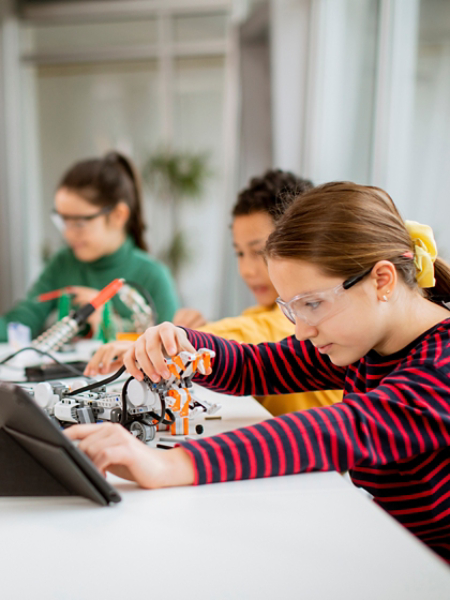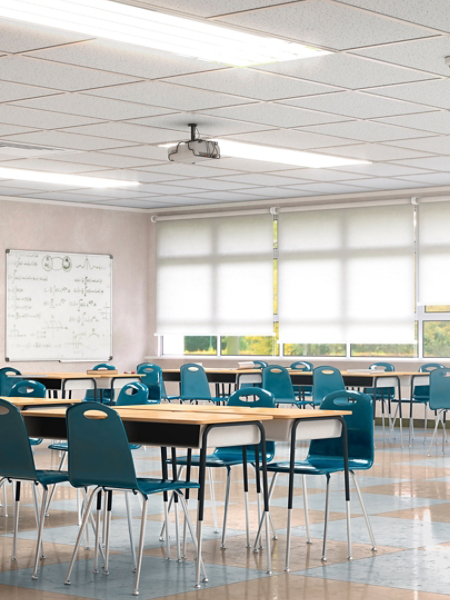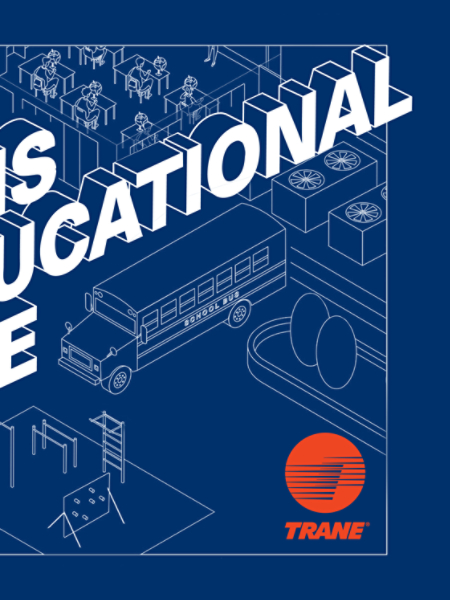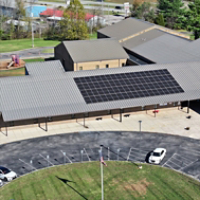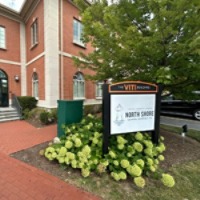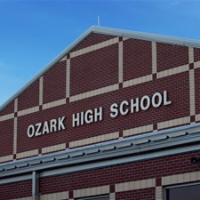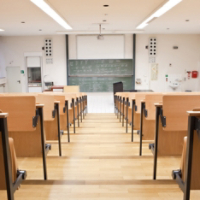Districts can improve sustainability in schools through a variety of actions aimed at reducing environmental impact, saving resources, and promoting sustainable practices among staff and students. Schools should work with sustainability experts and professionals to assess current practices and develop effective, tailored strategies. Here are some practical ways schools can become more sustainable:
- Energy efficiency
- Water conservation
- Waste reduction
- Sustainable transportation
- Green procurement
- Environmental education
- Building & grounds infrastructure
- Community engagement
- Monitor and report progress

